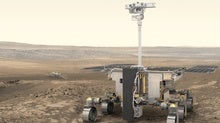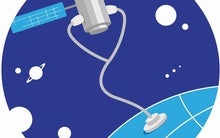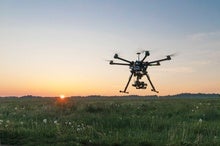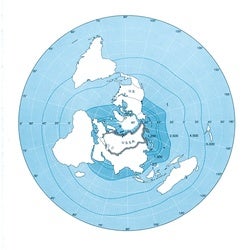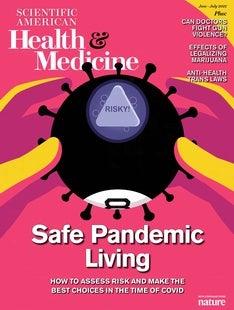 |
| May 24, 2022 |
Dear Reader,
Phones collect a vast amount of data about their users, data that can be used to determine whether someone is pregnant or considering an abortion. In the U.S., there are few restrictions limiting how companies can store, use or sell this information. As a result, data on one's private health and reproductive choices are easily available through data brokers and other companies. |
| | Sophie Bushwick, Associate Editor, Technology
| |
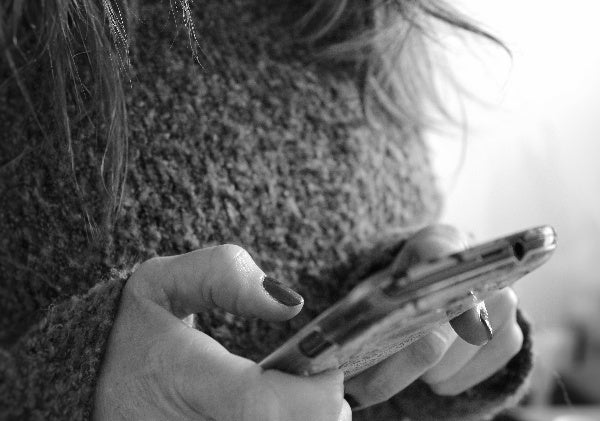 |
| |
| |
| |
| |
| |
| |
| |
| |
FROM THE STORE
 | | | |
| QUOTE OF THE DAY
 "Platforms will be powerless to regulate speech praising terrorists and those who engage in murderous campaigns, with horrendous potential ramifications if even a single person engages in copycat activity." Ars Technika | |
FROM THE ARCHIVE
 | | | |
LATEST ISSUES
 |
| |
| Questions? Comments?  | |
| Download the Scientific American App |
| |
| |




